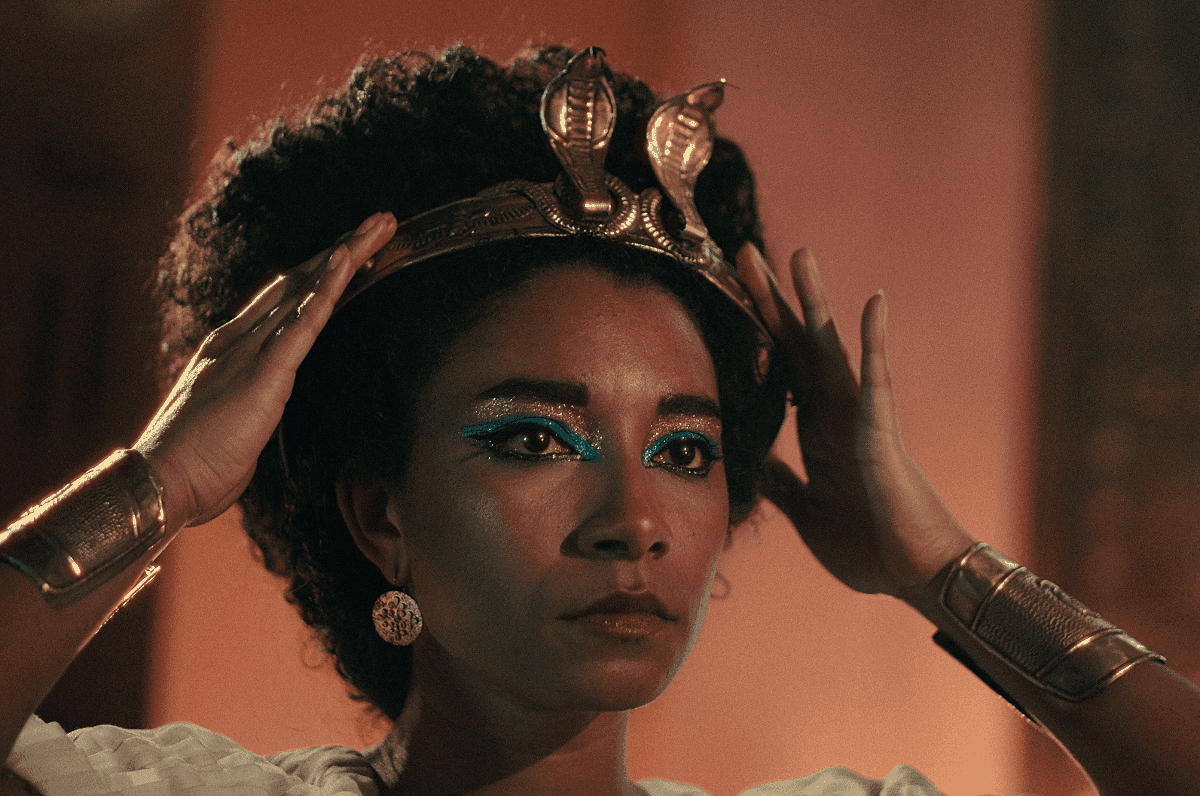Black Actress Who Plays Cleopatra in Netflix Show Says She’s Getting Death Threats, Has ‘Every Right’ to Play Doomed Queen
Netflix has been accused of ‘woke’ casting in defiance of historians agreeing that Cleopatra was Macedonian Greek.

The biracial actress Adele James, who plays a famed Egyptian ruler, Cleopatra, in an upcoming Netflix docudrama, has received death threats as Egyptians accuse her of “blackwashing” and “stealing” their identity.
Please check your email.
A verification code has been sent to
Didn't get a code? Click to resend.
To continue reading, please select:
Enter your email to read for FREE
Get 1 FREE article
Join the Sun for a PENNY A DAY
$0.01/day for 60 days
Cancel anytime
100% ad free experience
Unlimited article and commenting access
Full annual dues ($120) billed after 60 days

